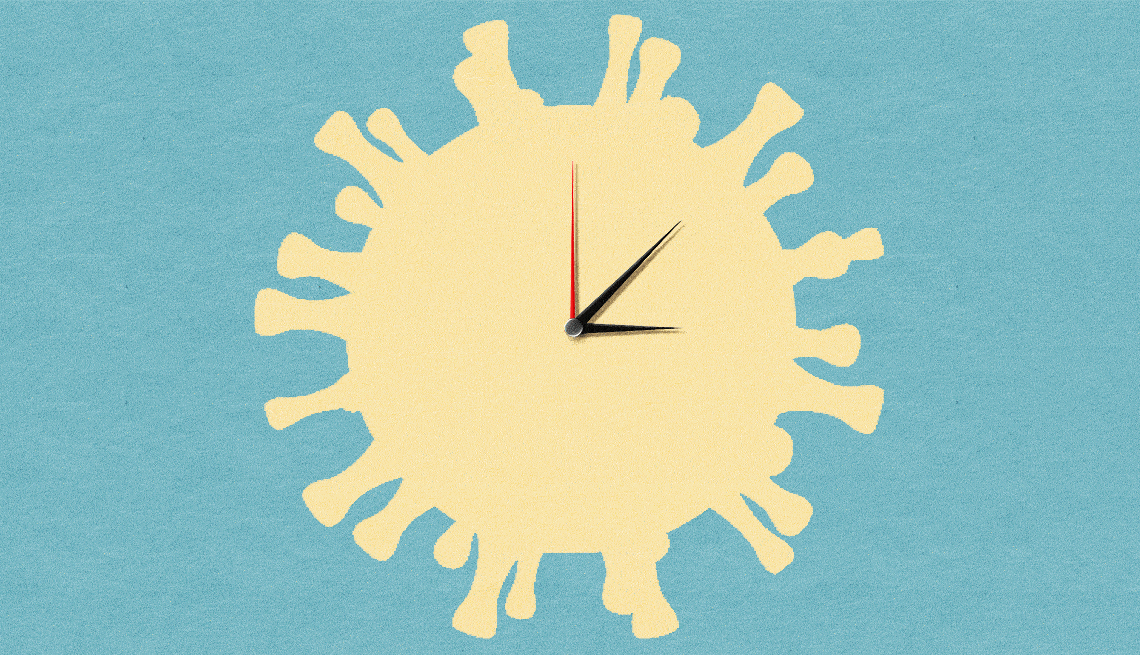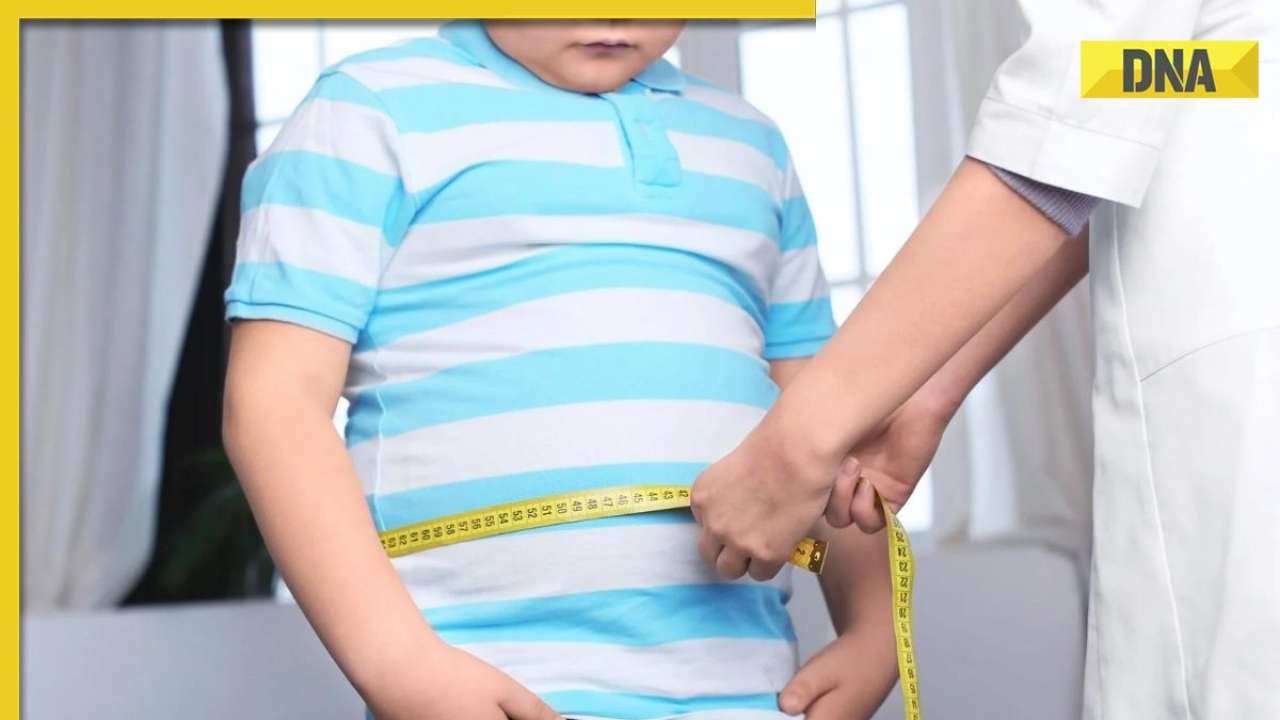
- Select a language for the TTS:
- UK English Female
- UK English Male
- US English Female
- US English Male
- Australian Female
- Australian Male
- Language selected: (auto detect) - EN
Play all audios:
These medications “work extremely well at mitigating symptoms and shortening the amount of time that people are sick and how sick they feel while they have it,” Guest says. The key is
starting these antiviral medications right away — within the first five days of symptom onset, says William Schaffner, M.D., a professor of preventive medicine and infectious diseases at
Vanderbilt University School of Medicine in Nashville, Tennessee. “We tend to say, ‘Oh, I’ll see if it gets better tomorrow. I don’t want to bother the doctor with this,’ ” Schaffner says.
“Do this as quickly as possible, because if you have either flu or COVID, instituting the treatments early gives you the best benefit. The longer you wait, the less effective the treatments
are.” Another tool available to older adults: a second dose of the 2023–2024 COVID-19 vaccine. Health officials said in February that adults 65 and older should get another shot, as long as
it’s been four months since their last, “to provide added protection that may have decreased over time for those at highest risk.” Three versions of this vaccine are available in doctors’
offices and pharmacies: an mRNA vaccine from Moderna, an mRNA vaccine from Pfizer-BioNTech and a protein-based vaccine from Novavax. A new vaccine for the 2024–2025 season is expected in the
fall. Another important point, Offit says, is to remember that it’s not just COVID-19 that can cause people to get seriously ill. Flu and RSV send hundreds of thousands of people to the
hospital each year too. Like for COVID, vaccines also help prevent severe illness from these infections. Offit says the key message is to stay home if you’re sick. “Or if you can’t stay home
because your work doesn’t allow you to stay home, then wear a mask,” he says. “The bottom line is that when people follow these actionable recommendations to avoid getting sick, and to
protect themselves and others if they do get sick, it will help limit the spread of respiratory viruses, and that will mean fewer people who experience severe illness,” National Center for
Immunization and Respiratory Diseases Director Demetre Daskalakis, M.D., said in a statement. “That includes taking enhanced precautions that can help protect people who are at higher risk
for getting seriously ill.” _Editor’s note: This story, first published Feb. 16, 2024, has been updated to reflect a change in guidelines. _









